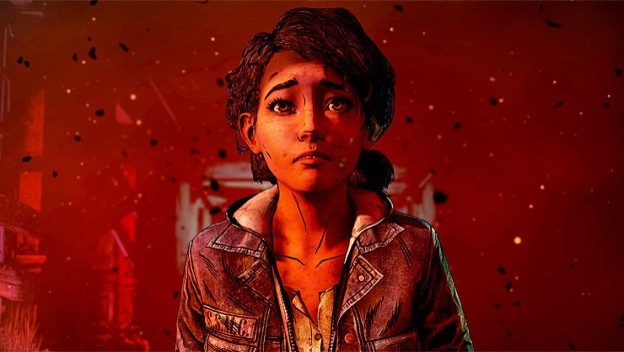On September 21, 2018, Telltale Games had gone through a round of layoffs, resulting in a team of around 25 people and a studio closure. I can only imagine how gut wrenching this must have been for those directly affected and I hope they all find new jobs soon. I used to want to work for that company, because I have been consistently impressed with its employees’ work. Now, I’d settle for a release of The Wolf Among Us 2 and the assurance that everyone from the company would go on to create amazing new content. But assurances like that can’t be given and The Wolf Among Us 2 and the recently announced Stranger Things title won’t be released. After the current team wraps up the current The Walking Dead season, which has been reduced to two episodes long, and its Minecraft: Story Mode Netflix project, we will have to say goodbye to one of the biggest forces in the adventure game genre. It’s natural, at this point, to wonder why.
Most of the commenters that I’ve seen respond to the news are disappointed that they won’t be able to play anticipated titles, but it is heartening to see how many are concerned for the former employees. Sure, not everybody is a fan of the games, but people who are fans seem grateful. That isn’t enough to keep the company afloat. Were the games underperforming?
Telltale had certainly changed the way we consume adventure games. Some people were inclined to call them interactive movies, just as they were inclined to call a lot of indie games “walking sims,” implying that these were somehow not games. But even if Telltale’s games didn’t offer a whole lot of meaningful choices, they excelled at creating the illusion of choice, which meant that every single choice could matter and that allowed them to create games that were narratively and mechanically exciting. Life is Strange , by Square Enix, adopted a similar approach and has seen a fair share of success. It’s clearly a design that works.
The games were also available on a wide array of platforms, and the first episodes of the seasons were frequently given away for free. They were also associated with gigantic franchises like Game of Thrones, Back to the Future , Batman , and The Walking Dead . Exposure shouldn’t have been an issue, but when I tried to recommend these games to gamers and non-gamers alike, they rarely took my advice. Usually, my recommendations are awesome and spot on,, and my friends are lucky to have me. With these games, I must have been doing something wrong. People didn’t listen. Or are adventure games just a hard sell for a majority of people these days? Is it that people prefer to either play or watch, and the slice in the middle of that venn diagram just that small?
That’s hard for me to imagine. Maybe the problem is that it just isn’t big enough. The cost of licensing these franchise is presumably pretty high, and we might just live in a world where a fan would rather buy a pair of Batman socks than an inexpensive episodic game. Maybe it’s the episodic approach? In a lot of ways, Telltale had a lot to sell. The studio had to compete with other big franchise products and convince people to try a new approach to an underutilized genre. It had to ask consumers to be okay with the wait between episodes.

Telltale was also competing with themselves, in a way. I fully expect I’ll play the Guardians of the Galaxy game one day. Hell, I already own it, but I haven’t gotten around to it because other Telltale games interested me more. Other fans might hold off on the purchase altogether or, worse, feel a degree of fatigue. The company was ambitious, but maybe it was spreading itself to thin.
That’s what Pete Hawley, the company’s CEO, seemed to imply when he said, “ It’s been an incredibly difficult year for Telltale as we worked to set the company on a new course. Unfortunately, we ran out of time trying to get there.” He went on to say that the approach didn’t translate to sales.
The people who did play the games, though, had a lot of good things to say. Telltale’s take on Batman was particularly noteworthy for its unique approach to the character and the way it told a story that could only be possible in that medium. The game even looked pretty good, despite being made on the same aging engine called the Telltale Tool.
I thought things were turning around for the company, even if Telltale Games had to go through a round of layoffs in 2017 as well. The quality was there. I wanted to take one of the studio’s workshops. I went back to add a film certification on top of my creative writing degree to better understand the medium, because hey, who knows where I’ll end up in the future?
It seems that I won’t end up at Telltale Games, but I’m still hoping that adventure games will still offer a place for creators and storytellers to find work doing what they love. This news is surprising to me and makes me feel a bit out of touch with the wants and needs of the market. Maybe I’m even more out of touch than I feel and games like these will fade away, but I can’t accept that yet. They’re just too good.
